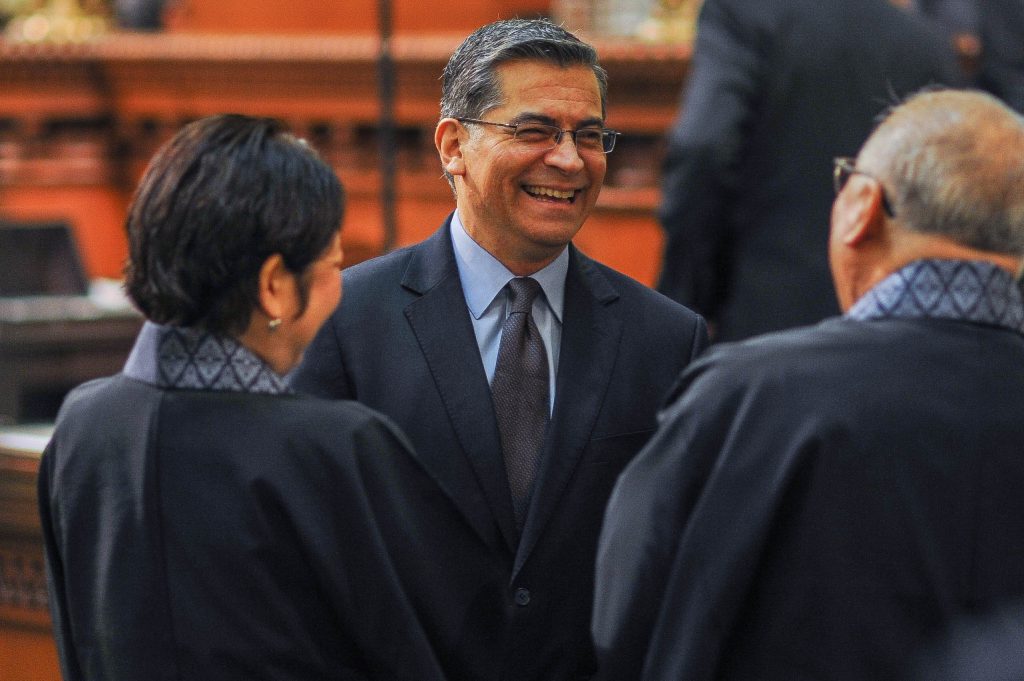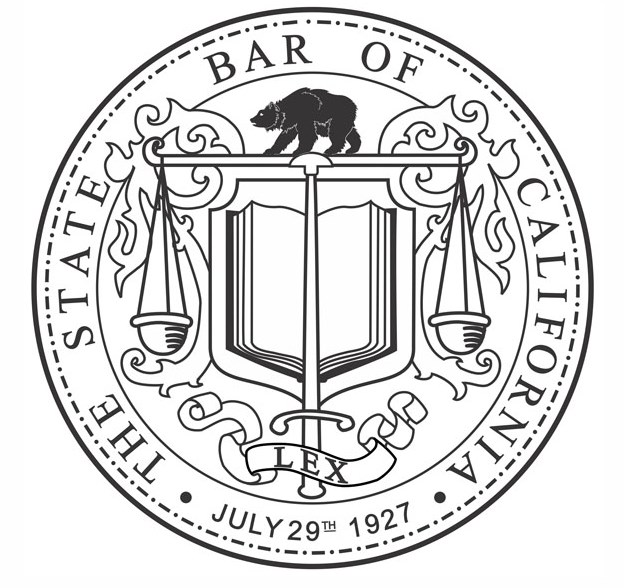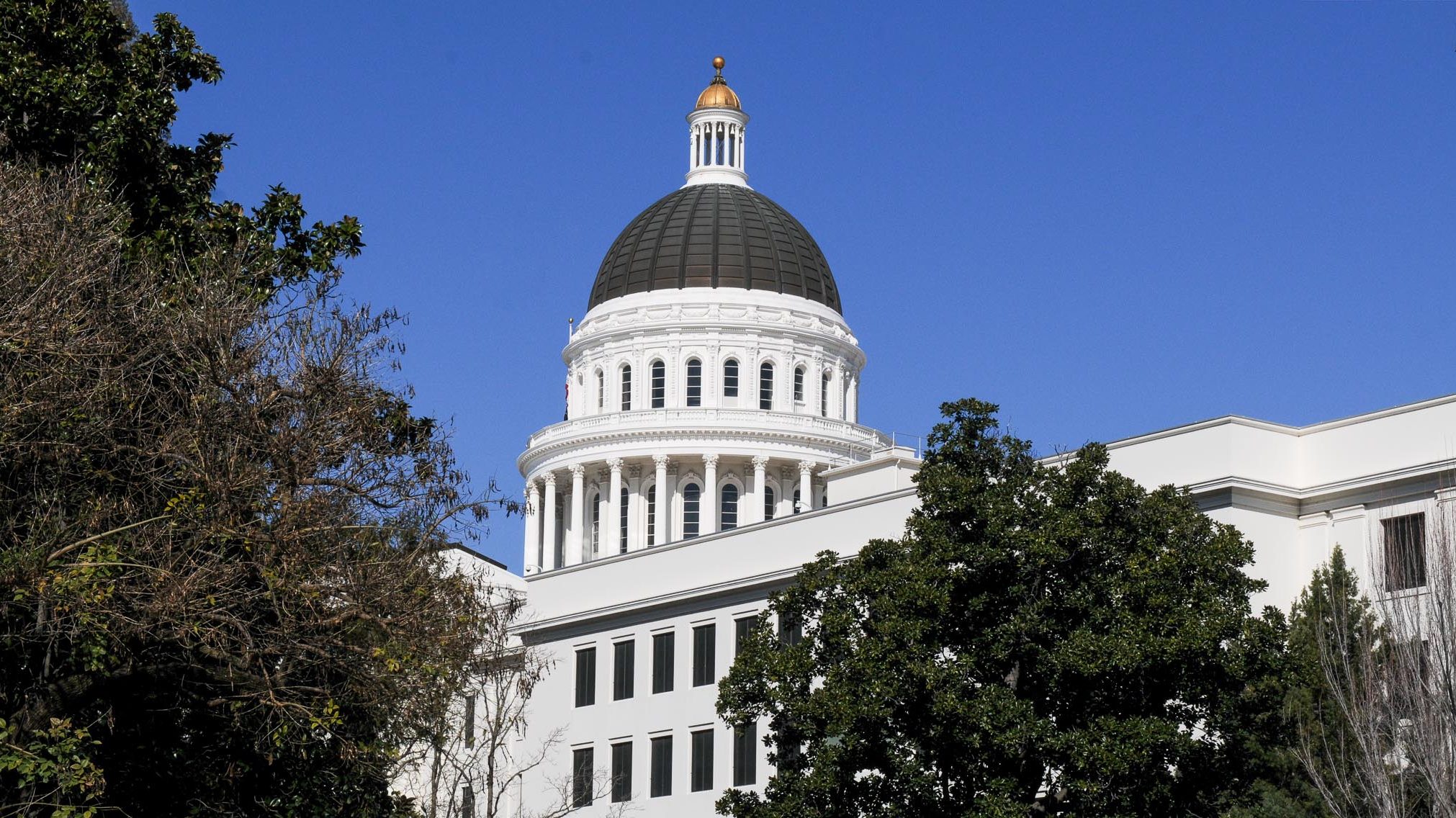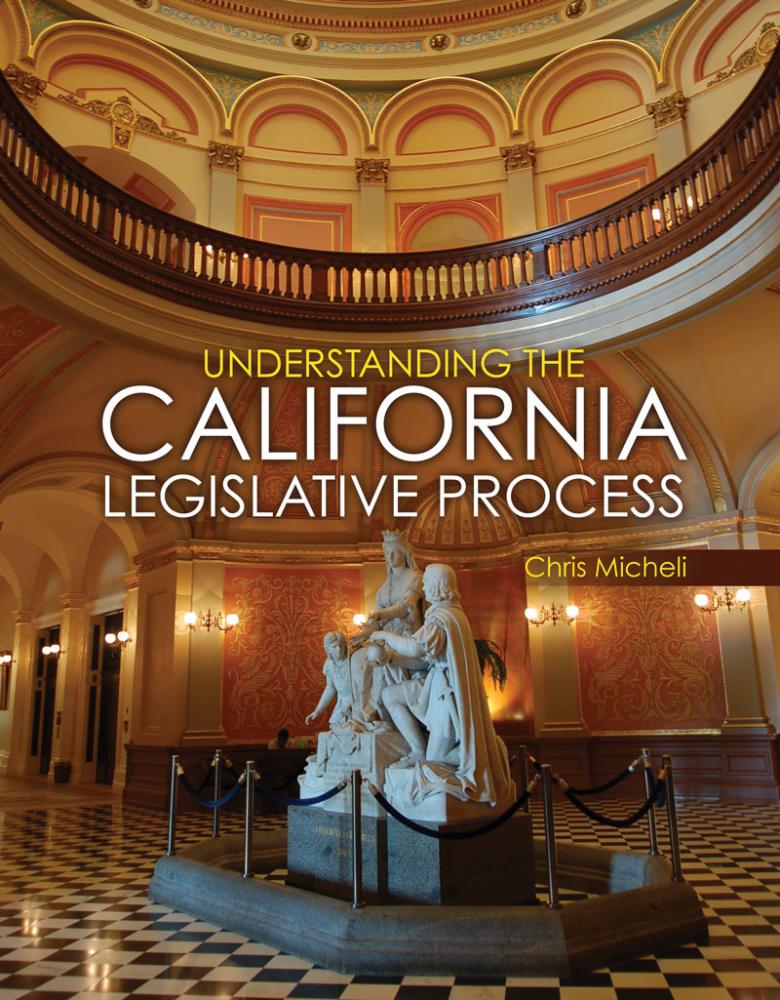
GM Agrees To $5.75 Million Settlement With California
‘GM can’t afford to have too much else to go wrong’
By Evan Symon, February 15, 2021 2:44 pm
During the weekend, General Motors announced that it had agreed to a $5.75 million settlement with the state of California over false statements that GM had told their investors about defective ignition switches.
According to government officials, GM had found out about the faulty switches in 2005, but did not report the problem to the National Highway and Traffic Safety Administration (NHTSA) until 2014. While GM hid the problem from the NHTSA, who need to be informed of auto defects by law within 5 days of finding the problem, the car company also hid the issue from investors.
The switches would sometimes cut power to certain electrical systems such as power steering and power brakes, causing at least 124 deaths and 274 injuries across the country over the nine year span of GM keeping the problem quiet. When GM did announce the issue in 2014, it spurred one of the largest auto recalls in U.S. history covering approximately 2.6 million cars.
Throughout the rest of the 2010’s, GM paid numerous settlements over the matter. In 2015, GM paid $900 million to the U.S. government to end a Department of Justice probe. Two years later the car manufacturer paid an additional $1 million to the U.S. Securities and Exchange Commission and another $120 million to settle with 49 states and the District of Columbia.
However, California didn’t settle outright due to the California Public Employees’ Retirement System (CalPERS), the state’s largest pension program, losing millions due to investing in GM’s stock. CalPERS maintained that, if they had been told of the issue earlier, that they would not have lost as much money and could have invested elsewhere.
The specific investment issue dragged the case into the new decade, culminating in the settlement this weekend.
“We are pleased to have cooperated with the State of California to resolve this matter,” said GM in a statement after a settlement had been agreed to.
A $5.75 million settlement

As part of the $5.75 million settlement, GM would not admit to any wrongdoing in the 2014 ignition switch scandal. However, the settlement makes it clear that GM would be held accountable.
“General Motors cheated California twice – first by concealing a fatal flaw in its vehicles, then by concealing the facts about the flaw in its financial disclosures, which affected the retirement investments of public servants across California,” explained Attorney General Xavier Becerra in a statement. “This settlement finally holds GM to account.”
Other experts noted that GM likely did not want to continue dragging the settlement out.
“California has been fighting them on this for almost seven years now,” Michigan-based auto industry analyst Kevin Pullman told the Globe. “It’s not as bad as investing in, say, Volkswagen after their diesel car scandal, but GM shares took a hit after that. And it was only compounded due to the decline of American car makers that have been happening for decades and the industry crisis in the late 2000’s that had GM get a bailout worth tens of billions. Even now, GM can’t afford to have too much else to go wrong. So that’s why you finally saw the deal with California. COVID is bringing more uncertainty for new sales, and they are losing more and more market share.”
“Especially in California. It isn’t talked about often, but Californians do not buy a lot of GM cars. There is not one GM car in the top 20 models sold in California. California is the largest state, and they can’t afford to lose more customers there. So, by settling now, they hope to get some people back, or at the very least, not lose face.”
Prior to the weekend settlement, California had been the last state that had not initiated a settlement.
- Oracle Moving Headquarters Out Of Austin Only 4 Years After Moving Out Of California - April 26, 2024
- Congressman Adam Schiff Robbed of his Luggage in San Francisco Car Break In - April 26, 2024
- U.S. Senate Candidate Steve Garvey Denounces Protestors On Campuses Across California, Nation - April 25, 2024




